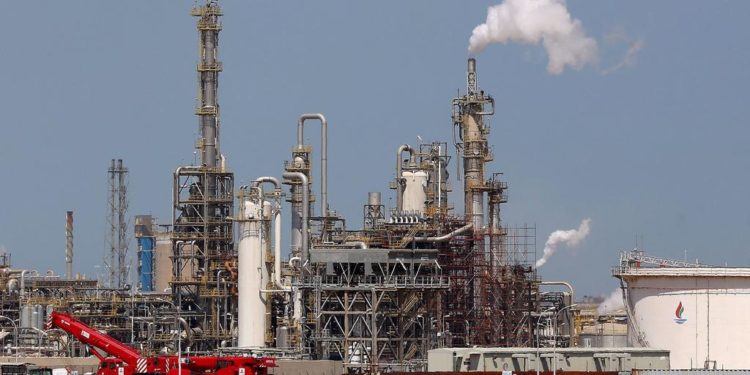The Covid-19 crisis has understandably jolted the global energy system, with the impact strongly felt in the GCC countries that have long been supported by the hydrocarbon sector.
With Brent crude prices nearing $20 a barrel as of late March 2020 (the lowest price in nearly two decades), governments face a number of challenges. Despite its severity, energy players in the GCC—including governments and their national oil, gas, petrochemical, and utilities companies—can treat this crisis as an opportunity to refocus on long-term sustainability. Instead of waiting for the crisis to pass, these entities can take bold action today and reinforce long-discussed reforms to become more resilient and prepare for a world that relies far less on fossil fuels.
In a worst-case scenario in which oil remains at $20 a barrel for a year, we estimate that GCC governments could lose up to $500 million (Dh1.83 billion) a day in state oil revenue. Energy players in the region must now walk a fine line between urgent and important decisions, balancing short, medium and long-term trade-offs to navigate through the crisis.
Already, many energy organizations have taken impressive steps to mobilize, by maintaining business continuity and supporting national response plans in the face of immense challenges. Some forward-looking players are seeking to stabilize, building their resilience in the medium term through cost reduction programs, employee development initiatives and other measures to prepare for the recovery.
Those are critical areas of focus. The most transformative changes will come through longer-term strategic assessments. Broadly, the energy sectors of the GCC have three options against which to start taking immediate action: retrench, rethink or repower.
The National
16/04/2020






















































